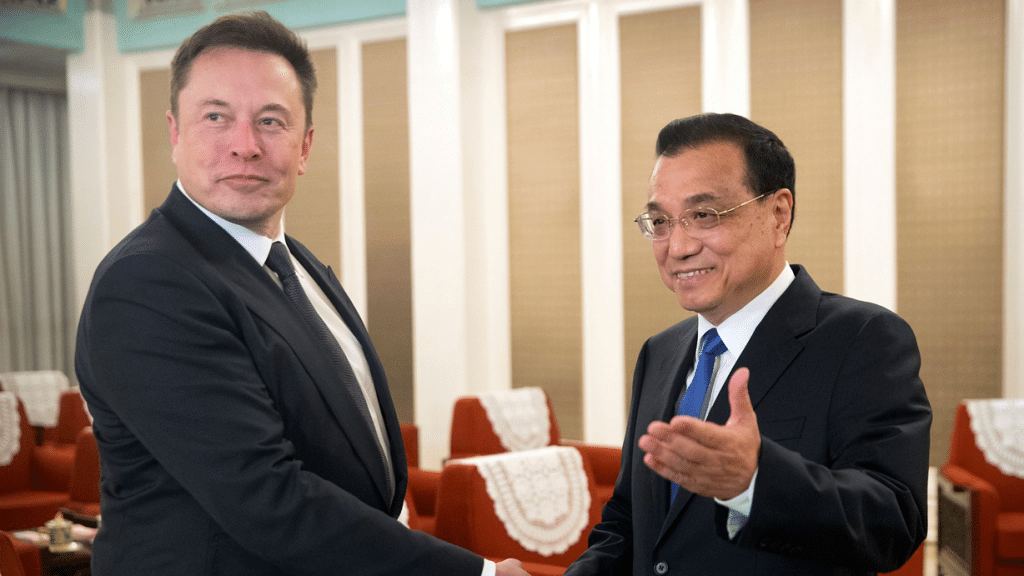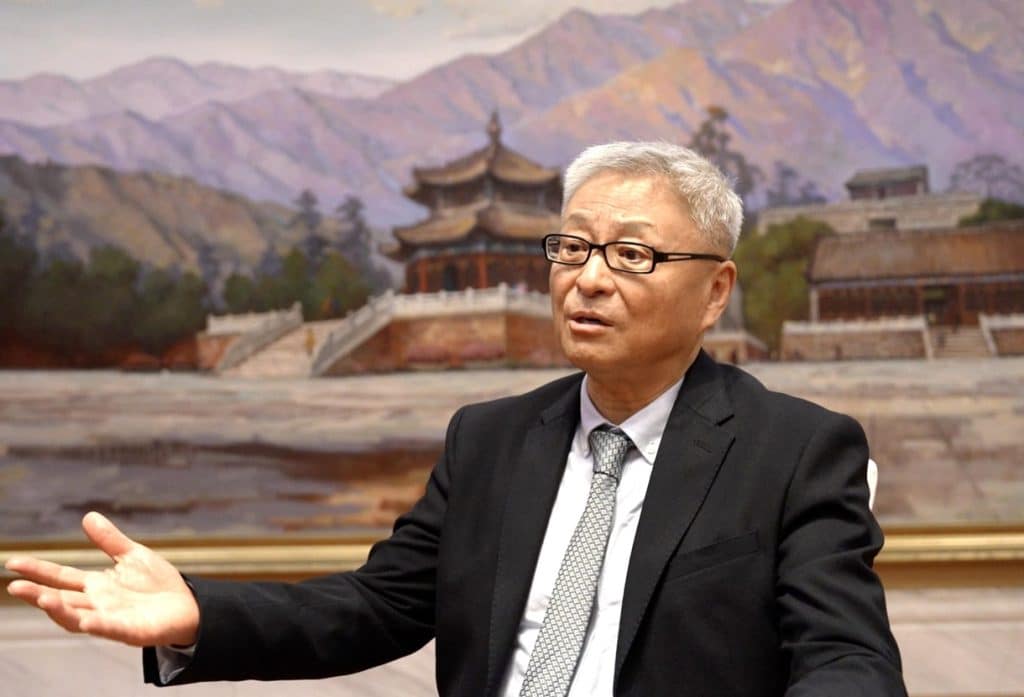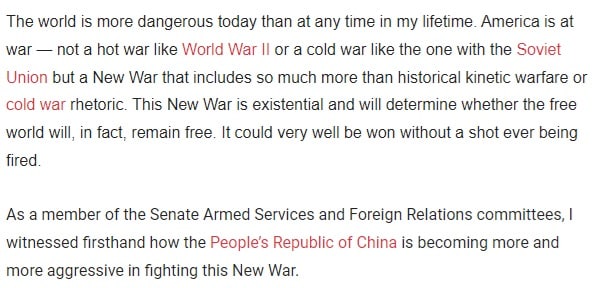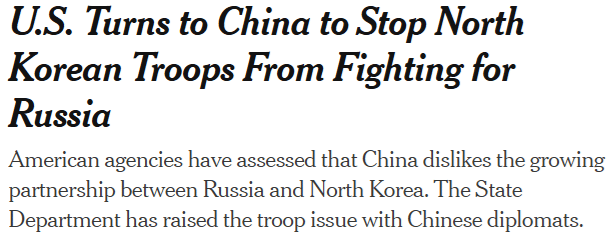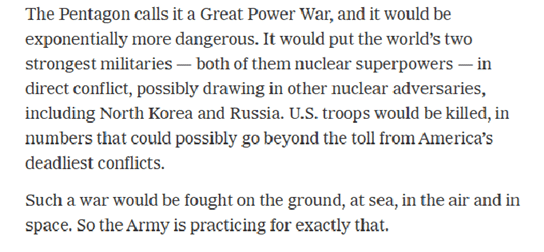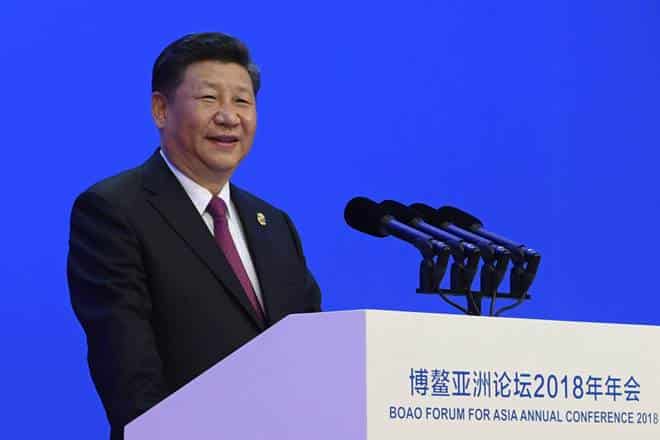A New Vision for The Carter Center’s China Program
作者:Dana Sand 来源:Emory in the World
In recent years, Ghana has been flooded with migrant gold miners from China. Sean Ding 13MBA, a senior program associate with The Carter Center’s China Program, was there this summer to present research on corporate social responsibility efforts by Chinese companies in Ghana and to interview local Ghanaians. The Ghanaian government had just begun a crackdown on some illegal mining operations, and during the course of 10 days Ding was on the ground, there were more than 100 arrests.
While Ghanaians have been eager to accept billions of dollars’ worth of Chinese investments in minerals and infrastructure projects, many argue that the newly mechanized process of Chinese workers has led to environmental damage.
“China has a large presence in Africa, and many people see China’s role in Africa as positive—they’ve brought in additional capital, created jobs, and helped build infrastructure like bridges, roads, stadiums and hospitals,” Ding explains. “But at the same time, there’s probably an equal amount of criticism of the impact of China in Africa, such as environmental damage and a lack of attention to good governance and accountability.”
Ding says exploring issues like these from both countries’ perspectives will be a new focus of the China Program.
***
According to Ding, the China Program originally evolved from an earlier project within The Carter Center’s Democracy Program that focused on monitoring Chinese village elections. In 2002, they built a website—Chinaelections.org—dedicated to raising awareness of political reform in China and offering a platform for Chinese intellectuals and officials to engage. In 2005, the China Village Elections Project became the China Program to expand the diversity of the work being done in the country.
Along with its concentration on elections, the China Program also worked on advancing access to information in China following the enactment of the Open Government Information regulations in 2008. For four years, the China Program provided training to local officials, organized high-level stakeholder forums on transparency in partnership with universities, and built a website called Chinatransparency.org.
“The biggest accomplishment is that we worked with the Chinese government, think tanks, and academic institutions to tell the story of grassroots democracy in China,” program director Yawei Liu 96PhD says, reflecting on the past 17 years. “We promoted discussion on the need to introduce political reform in China and offered training on institutionalizing open government information.”
Following former President Jimmy Carter’s visit to China last December, during which he met with President Xi Jinping and Premier Li Keqiang, he returned with renewed enthusiasm for and commitment to improving the world’s most significant bilateral relationship. After years of working on political reform within China, the China Program is turning to a new area of concentration: US-China relations.
***
The China Program’s shift in programming presents new challenges. Ding notes that US-China relations is a “crowded field” with organizations—such as the Brookings Institution, the Council on Foreign Relations, and the National Committee on United States–China Relations—already active and playing important roles. On top of that, many of these groups are located in New York or Washington, DC.
“We haven’t been working in that area before, so how do we become both relevant and differentiated?” Ding asks. “If you think in geopolitical terms, China and the US are Pacific powers. They have many bilateral connections. It’s a Pacific relationship in terms of the hot topics—Japan, territorial disputes, trade, cyber security,” he says. “Not enough attention has been paid to how they interact in a third area—in the Middle East or Africa.”
Few organizations have focused their efforts specifically on how to build a path of convergence for these two major powers to coexist and work together toward goals in these key areas, and the China Program hopes to fill this void.
The conversation about incorporating Africa relations began in 2009 when President Carter met with the Chinese minister of health about the possibility of working together to improve the sustainability of Chinese medical aid in Africa. Since then, the project has transformed through a few small, closed-door workshops with Chinese scholars on Africa, African students studying in China, as well as former ambassadors and business representatives.
Ding says the project is trying to understand the view of African citizens on the impact of China in their communities. Thus, the Carter Center built Sinoafrica.org as a platform for African voices to be heard in China.
Right now, the China Program is working to identify which media outlets to monitor. Only English–language sources are being covered, but they hope to expand to other languages in the future. The aim is to translate relevant articles, such as those about local governance problems or pollution issues, so that Chinese companies and leaders can pay attention to these important social and environmental concerns.
***
Another new concentration of the China Program will be to engage young leaders. Ding says The Carter Center will “try to engage young Chinese leaders, students, scholars, and people interested in international affairs and politics early on and try to cultivate their awareness of the need for peaceful, healthy, and sustainable relations with the US.”
As with the former transparency project, Liu says this will help reduce misperceptions and promote collaboration between the two countries. Through partnering with several American and Chinese universities, including Emory, Liu also hopes to start a Model US-China Economic and Strategic Dialogue to get young people involved in looking at issues in which both countries have high stakes.
“We want to work with young people in the US and China so that when they get into decision-making positions, they will have a better understanding of each other and be able to make more informed decisions that will benefit both nations and both peoples,” Liu says.
***
While several new ideas are brewing for the China Program, implementation is still in progress. With an inaugural Carter Center Forum on US-China Relations to be held both on Emory’s campus and at The Carter Center on November 11 and 12, Liu hopes to bring think tanks and academic institutions into collaboration with The Carter Center and the Chinese delegation.
Along with determining the correct audience and engaging the right people, Ding foresees gathering funding for these new areas of focus as another challenge for progress.
Nevertheless, both Liu and Ding are hopeful for the program’s future success and have President Carter’s legacy to carry on.
“President Carter and Vice Premier Deng Xiaoping made the courageous decision to normalize relations between the United States and China about 35 years ago,” Liu says. “That relationship has changed both China and the United States and has also brought about positive changes to East Asia as well as to the world. Even though both countries have benefited from this relationship, there are still both structural and perceptional issues that may derail the relationship and threaten peace and prosperity. So that’s what we’re going to work on.”
来源时间:2018/4/5 发布时间:2013/12/1
旧文章ID:15809


